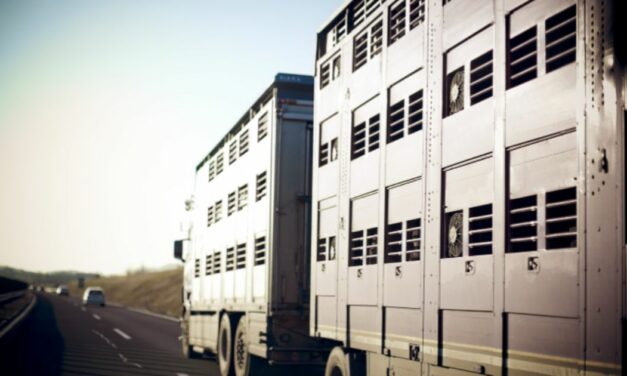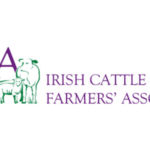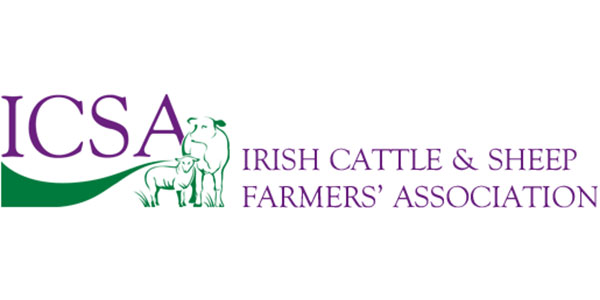15 NOVEMBER 2016
Eddie Punch – ICSA General Secretary
As the aftershock from Brexit continues, a question which is increasingly occupying my mind is who is to pay the price? This question is particularly pertinent in the context of exchange rate volatility and the answer to it has implications for all sorts of decision making and future strategies.
In other words, the fall in the value of sterling poses a problem where there is a trading relationship with a Eurozone exporter. Does the exporter drop the price for the product or does the importer pay more in accepting that, gee tough, your currency just doesn’t have the same power anymore?
It seems to me that Irish exporters of food need to give more consideration to this issue. This is hugely relevant to Irish farmers where facts such as we export more than half our beef to the UK have been repeatedly outlined.
Unfortunately, the first instinct of our processors is to pass back difficulties in the market place to the supplier. Hence, we have seen beef price drop by about 10% since the Brexit vote. The movement in exchange rates has been about 12.5% (euro now worth about 89p at the time of writing compared to about 78p for the period January 2016 to mid-June 2016). This suggests that the Irish farmer is taking 80% of the pain of exchange rate movement.
Moreover, the Irish food sector is predicting huge pressures in the months ahead with the implication being that jobs will be lost and that further price pressure for suppliers is inevitable.
However, why should this be so? In the past week, we have seen Unilever and now Nestle engage with the same problem. Tesco and Unilever had a very public spat in response to the latter trying to increase prices to British consumers by 10% to reflect the exchange rate movement. It appears that after a stand-off some agreement has been reached but the details remain obscure.
Nonetheless, it is interesting to contrast the approach of Unilever, an admittedly powerful multinational, with the Irish beef industry. In essence, Unilever took the view that the consequence of exchange rate movement is that the importer pays the price; our beef exporters (and other food sectors) think that they should accept the hit and pass it on to suppliers.
The realpolitik of this is that UK supermarkets are fighting viciously to resist price rises in the context of bitter price competition between traditional grocers such as Tesco and the so called hard discounters such as Aldi and Lidl.
It is worthwhile to reflect on the fact that the Unilever row centred on Marmite. While some of us may regard Marmite as a discretionary purchase, others might argue that it is a vital element of the British diet.
However, the export of beef and dairy products for instance begs for basic economic analysis around the demand elasticity of such products. In general, these products are described as relatively inelastic or in simple terms, the British still have to eat the dinner every day.
This is all the more so in a country which is only about 60% self-sufficient in food and where our exports of 272,000 tons of beef make up a significant portion of their total import requirement.
The question is what alternatives exist for the British? Sterling is weaker against all currencies and in fact its purchasing power against the dollar (down 16%) has fallen even more sharply than against the euro (down 12.5%) since Brexit.
Wherever the UK goes to buy food, weaker sterling will be a factor. Accordingly, it seems to me that it is the British consumer and not the Irish farmer who should carry the lion’s share of the burden on exchange rate movement.
Of course, given that the food industry in Ireland doesn’t seem to share this view, then the implications are that Irish farmers need to cut back sharply on production. The targets under FoodWise 2025 which wants to grow the value of Irish agrifood exports from €10 billion to €19 billion now seem way off the mark, particularly as it is based on expansion of output by Irish farmers.
In recent weeks, we have seen Irish dairy farmers respond very enthusiastically to the voluntary supply reduction scheme against the judgement of co-ops and some others. Perhaps it is time for Teagasc to abandon the mantra of increased output rapidly given that the Irish food sector seems to have already given up the battle on who pays for exchange rate volatility.
Maybe there might be a change of heart and a willingness to insist that UK supermarkets take their share of the pain. After all, it wasn’t the Irish farmer who voted for Brexit.
ENDS






